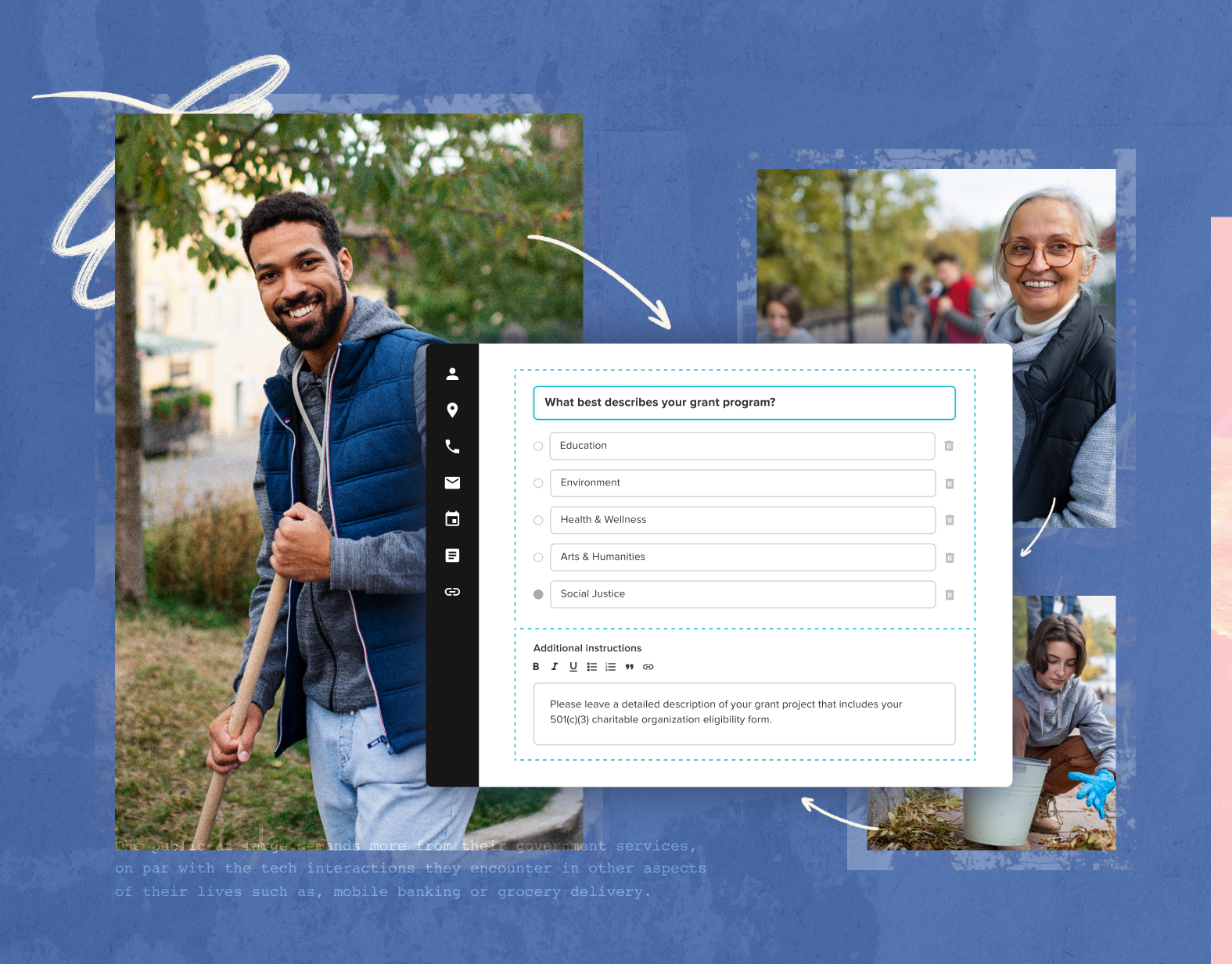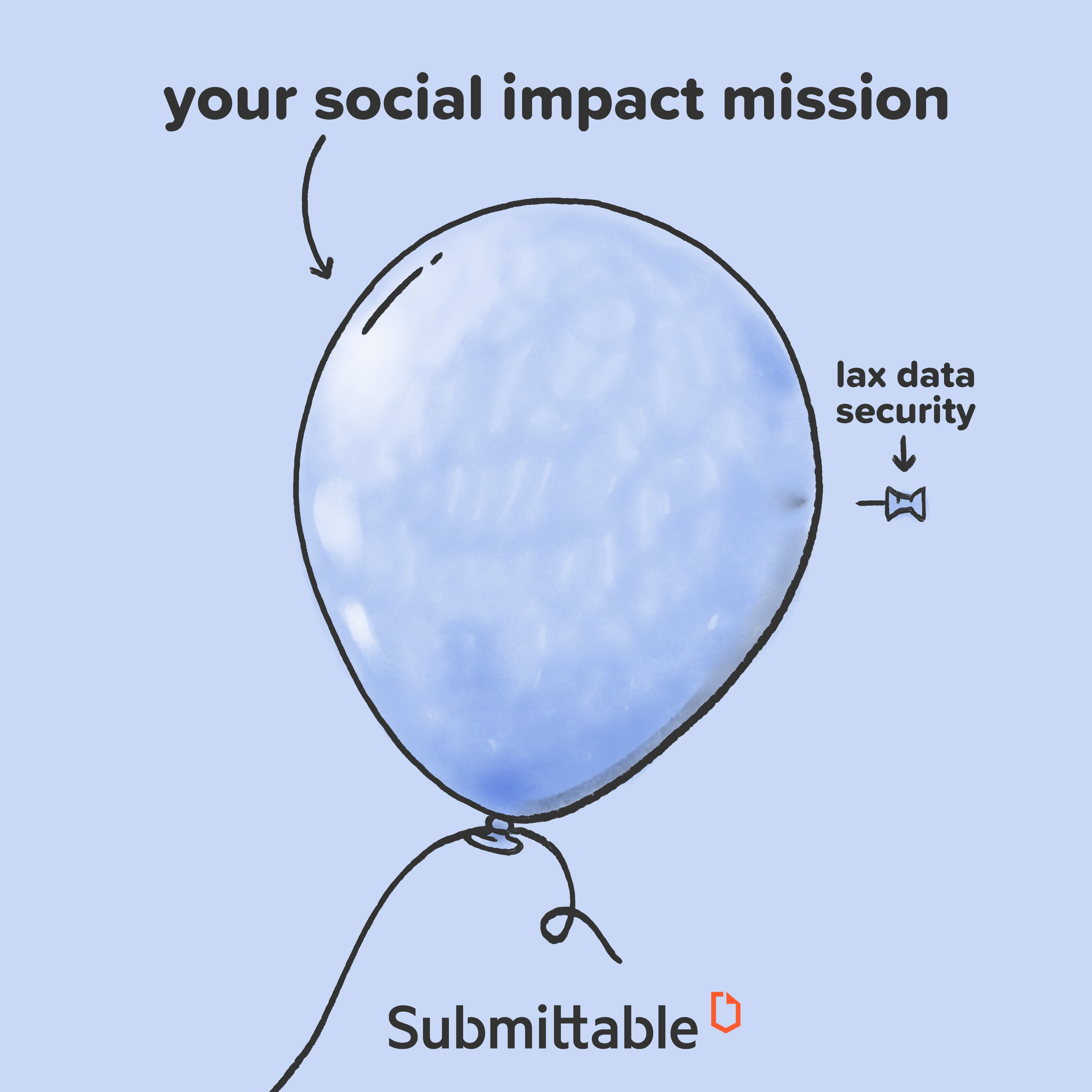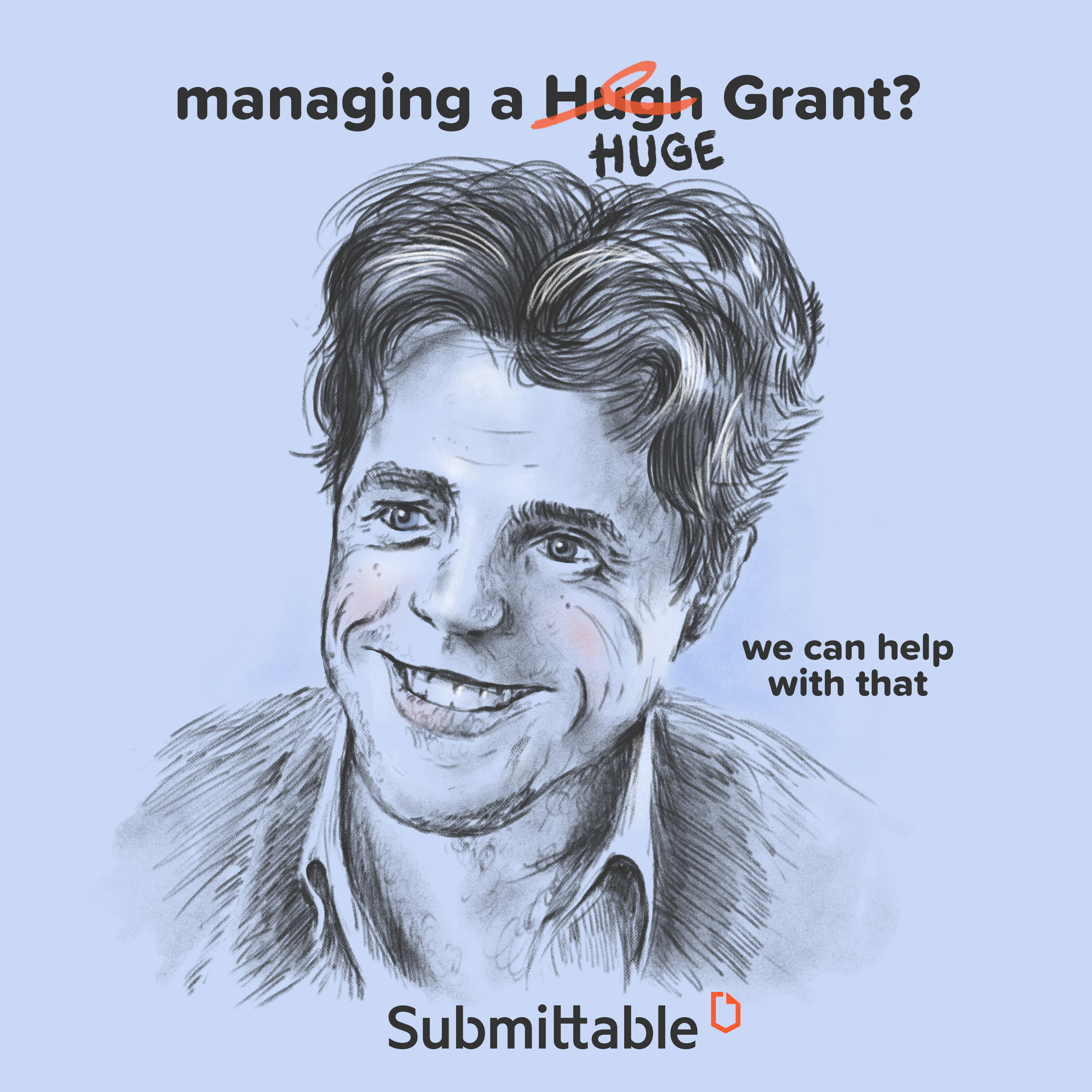The next phase of digital transformation centers the human experience

Citizen experience boils down to trust and usability
The topic of digital transformation continues to be a critical one in the public sector. Driving much of the urgency is the growing imperative for governments to provide more positive citizen experiences. The public at large demands more from their government services, on par with the tech interactions they encounter in other aspects of their lives such as, mobile banking or grocery delivery.
There are two major components to creating a positive citizen experience: trust and usability. These priorities are corroborated by National Association of State Chief Information Officers (NASCIO), which identified a tie of the #1 priorities for State CIOs:
Cybersecurity and Risk Management: this lays the groundwork to create trust, and
Digital government / Digital Services: the practical usability for a citizen interacting digitally with the government

Most teams across state, local, federal, and tribal governments have already begun their digital transformation journey, but they tend to be in different places in terms of sophistication and readiness for the next step. But progress is possible wherever you are.
When working with our customers to improve constituent experiences, we recommend a measured approach and moving at a pace that makes sense for them. To make it easier to identify your next opportunities for betterment, we also created a framework which we’ll dive into below.
Lead with trust
The first step is building trust. You won’t get credit for digitizing your grant process if constituents don’t trust that you’ll protect the sensitive information you collect, which can include social security numbers and bank account details.

For some teams, the big hurdle here is to bid farewell to an outdated homegrown solution, also sometimes thought of as “legacy modernization” (NASCIO’s number 4 priority). These older solutions were simply not designed to handle the threats governments face today—they’re inherently at risk. And your constituents can tell when they’re interacting with a dated, glitchy system compared to a seamlessly secure and modern one.
Consider also the security and compliance certifications of your vendor, as well as the availability of strong authorization technology such as Single-Sign On (SSO) and multi-authorization plus any history of data breaches. For more advanced organizations, you can begin to evaluate some of the more sophisticated features in the market today, such as fraud screening and AI-powered document transcription that reduces the risk of human error.
How New Bedford Economic Development Council Eliminated the Risk of Human Error through Automated ACH Payments
How New Bedford Economic Development Council Eliminated the Risk of Human Error through Automated ACH Payments
This has just been real seamless and the ball just keeps rolling.
Deborah Trombly, Controller300%
Growth in arts grants applicants in a single year
171
Entrepreneur grant applicants within first three months
Follow up with ease of use
Next is usability. Constituents want and expect a simple way to engage in basic government programs like applying for grants or public programs.
Here, some teams need to begin at the very beginning, and sunset —at last!—their paper application process, and adapt a modern grant management system.
It's a more intuitive intake for the applicant with the branching capability. Instead of spending 80% of my time helping applicants navigate a cumbersome & clunky website, I now spend time talking about the ROI of our funding opportunity. Also, the scoring mechanism (ranking) has helped level the playing field.
Michelle Robinson, Program Manager, Montana Department of Labor & IndustryFor online processes, begin with accessibility for users of all abilities. Then consider basic ease of use. We recommend simply filling out your application for yourself! Remember, your citizens want an experience that matches what they receive when engaging with services elsewhere. Was filling out your application comparable, within reason, to the activities that you engage with online?
Crawl, walk, run: our approach to digital transformation
Here’s the framework we use at Submittable to map our clients through their own digital transformations:
Crawl: This is when teams first bring their application collection, review process, and reporting into the same cloud-based online system. Moving away from either a painful paper process or antiquated legacy system can be a massive undertaking, and teams need to move at their own pace—but the time to start is now.
Walk: Once all in one online system, teams are set to optimize. They have a secure foundation, and can turn to creating efficiencies within their new system. Customers often begin by optimizing with bulk communications, standardized review scoring, and progress report collection for sub-recipient monitoring.
Run: At the most evolved end, we work with teams to automate their end-to-end process to the greatest extent possible. For instance, this can look like automated eligibility screening, document parsing, and funds disbursement. It’s our goal to graduate our clients here.
Learn from our customers
As you consider the next steps for your organization, we offer this list of the top 10 difference-makers for our customers. We’ve divided them according to those that will help improve trust or increase usability, and ordered them from the more basic to the more sophisticated.
5 features to help build trust
It’s important to begin with a secure foundation. Submittable has industry-leading security and privacy certifications, including SOC 2 Type 2. Beyond this initial check, we recommend looking for these capabilities:

5 features to improve usability
When it comes to usability, trust what you see and feel. If a system seems easy to use to you, it probably will be for your applicants. Once basic ease of use is established, look for these top usability enhancements.
Change is easier with a committed partner
Navigating the next phase of digital transformation in the public sector requires a strategic focus on enhancing citizen experiences. Pressure from citizens may require you to transform, but that doesn’t mean the process is easy. The journey involves bidding farewell to outdated systems, adopting modern solutions, and progressing through a crawl-walk-run framework.
As you prioritize trust and usability at whatever stage in your digital transformation, we’re here to help.
Read Next Chapter